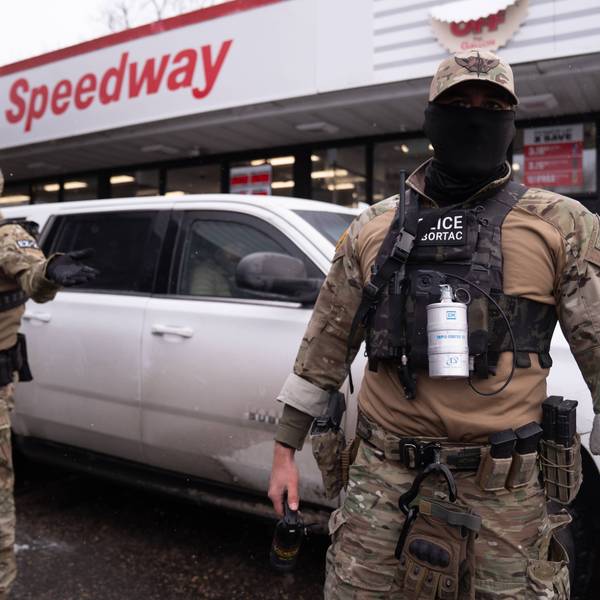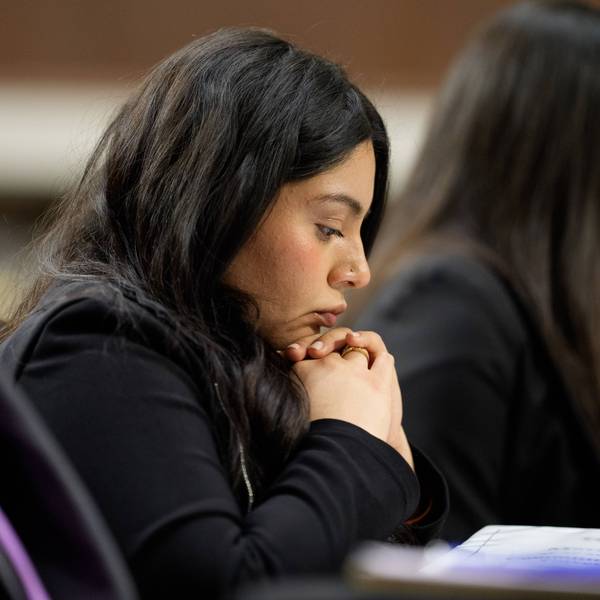The Maryland Special Court of Appeals, the state's second-highest court, on Wednesday issued a landmark opinion explaining an earlier ruling that police must obtain search warrants before using the controversial cell phone surveillance devices known as Stingrays.
"This is the first appellate opinion in the country to fully address the question of whether police must disclose their intent to use a cell site simulator to a judge and obtain a probable cause warrant," Nathan Freed Wessler, a staff attorney with the ACLU's Project on Speech, Privacy, and Technology, told The Intercept.
Wednesday's opinion explains in detail why the court upheld a lower court ruling earlier this month, which rebuked the Baltimore Police Department for secretly using a cell site simulator to track down a murder suspect. Officers obtained a pen register, which required a lower standard of probable cause to collect phone data than a warrant, then deployed an advanced version of the Stingray known as a "Hailstorm," without informing the judge.
Last April, a Baltimore detective also revealed that the police department used the device more than 4,300 times since 2007.
"We conclude that people have a reasonable expectation that their cell phones will not be used as real-time tracking devices by law enforcement, and--recognizing that the Fourth Amendment protects people and not simply areas--that people have an objectively reasonable expectation and privacy in real-time cell phone location information," the panel wrote on Wednesday.
Stingrays operate by mimicking cell phone towers, tricking nearby devices into connecting with them and allowing law enforcement to track people's locations, monitor their communications, and even block incoming calls.
In its opinion, the court rejected the state's argument that anyone turning on a cell phone was "voluntarily" sharing their location with law enforcement.
Dan Kobrin, a public defender who argued the case before the court, told the Baltimore Sun that the decision is "enormous" and "will hopefully curb abuse of this device and bring it out into the sunlight."
Wessler added, "The court's opinion is a resounding defense of Fourth Amendment rights in the digital age."
"The court's withering rebuke of secret and warrantless use of invasive cell phone tracking technology shows why it is so important for these kinds of privacy invasions to be subjected to judicial review," Wessler said. "Other courts will be able to look to this opinion as they address rampant use of cell site simulators by police departments across the country."



